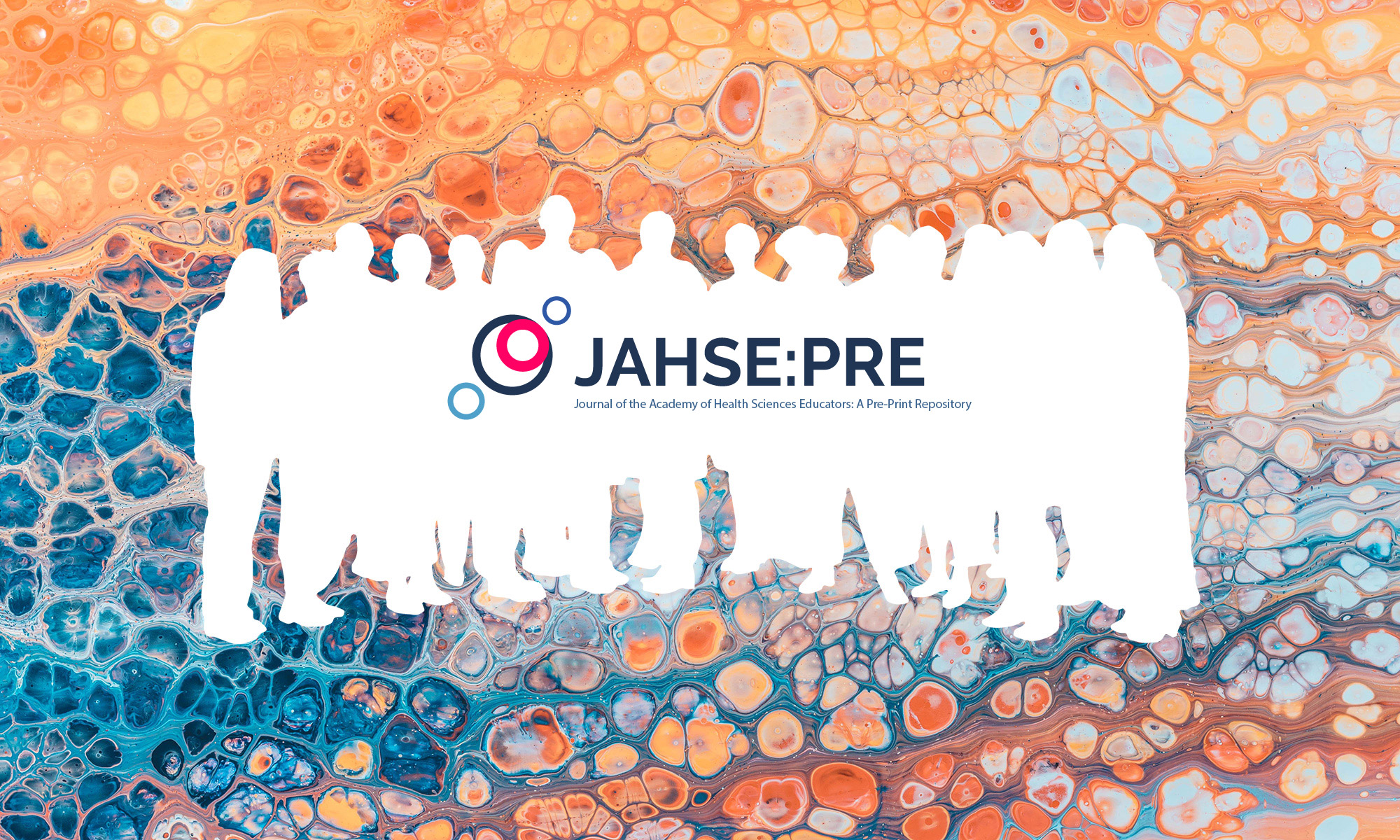Abstract
Objective: To design an experiential learning session on decision-making bias, fallacies, and heuristics.
Background: Reducing decision-making bias improves patient care.1,2 Teaching decision-making bias, fallacies, and heuristics early in medical education is the first step to reducing mental pitfalls in the healthcare system. There are short-term learning benefits to a cognitive bias session3, but the long-term impact is unknown. Kolb’s experiential learning model suggests long-term learning can be enhanced by having students apply content in a hands-on activity.4
Design: We designed a decision-making session with one day of didactics and one day of guided backcountry skiing (application/experiential learning). Students were prompted to pause and reflect on backcountry skiing decision-making pitfalls and discuss parallels to clinical learning.
Outcomes: Twenty-six students participated in the didactic day, and eight participated in the experiential learning day. Survey responses suggested an appreciation of the application to medicine, the importance of decision-making to patient care, and potential for the format to be applied to other settings.
Conclusions: Due to limitations of timing, funding, and the high knowledge and gear threshold, participation was severely limited. We will include a more inclusive experiential learning activity for all medical students when we scale up the session in SCoPE this August.
References
- Stone, J., & Moskowitz, G. B. (2011). Non-conscious bias in medical decision making: what can be done to reduce it?. Medical education, 45(8), 768–776. https://doi.org/10.1111/j.1365-2923.2011.04026.
- Woolf, K., & Dacre, J. (2011). Reducing bias in decision making improves care and influences medical student education. Medical education, 45(8), 762–764. https://doi.org/10.1111/j.1365-2923.2011.04038.
- Hershberger, P. J., Markert, R. J., Part, H. M., Cohen, S. M., & Finger, W. W. (1996). Understanding and addressing cognitive bias in medical education. Advances in health sciences education : theory and practice, 1(3), 221–226. https://doi.org/10.1007/BF00162919.
- Kolb. (2014). Experiential Learning: Experience as the Source of Learning and Development (2nd edition).
Return to Table of Contents: 2024 Core Educator Education Scholarship Retreat
Decision Making in the Backcountry and its Clinical Applications – a Pilot Experiential Learning Course by Sarah Petelinsek, Theodore Hartridge, DO, Peilu Zhang, PhD, Nathan Furman, PhD & Jorie Colbert-Getz, PhD, MS